William burton mccormick
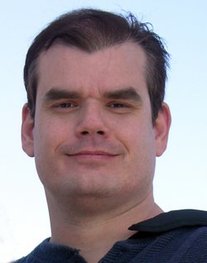 William Burton McCormick
William Burton McCormick I am delighted to welcome historical novelist, William Burton McCormick, to my Guest Blog. And I am also pleased to announce that he has sent me a link to a FREE short story, On Record, for my readers. (Scroll down to the end of this interview for the link.)
Originally from the U.S.A., Bill (as he prefers to be known) now lives in Latvia and writes historical fiction set in the Baltic States and Russia. He was elected a Hawthornden Fellow in 2013 and a member of Mystery Writers of America, the Crime Writers Association and International Thriller Writers. Three of his short stories have been finalists in the prestigious Derringer Award and he is, quite simply, one of my favourite writers.
Originally from the U.S.A., Bill (as he prefers to be known) now lives in Latvia and writes historical fiction set in the Baltic States and Russia. He was elected a Hawthornden Fellow in 2013 and a member of Mystery Writers of America, the Crime Writers Association and International Thriller Writers. Three of his short stories have been finalists in the prestigious Derringer Award and he is, quite simply, one of my favourite writers.
'Lenin's Harem', is set in the small Baltic state of Latvia, It is an epic and enthralling novel of love and war, which sweeps the reader and the characters through the first three tumultuous decades of the nineteenth century. William Burton McCormick brilliantly recreates the tensions and horrors of war-torn Latvia as it struggles to assert its identity and gain its independence, while being ripped apart by successive invaders and treacherous politics. McCormick’s prose has a lyricism which fascinates the reader and wards off revulsion as he steers us through the gas-filled trenches of World War One...
Hi Bill,
So how did you first get into this crazy world of novel writing?
So how did you first get into this crazy world of novel writing?
I had been a natural storyteller since youth and in a previous life I was a video game producer, so the creative juices I guess were always in my nature though in very different forms. After I left video games, friends in the industry would still hire me to write dialogue scripts for sports games and even a gaming adaptation of the movie Scarface. Apparently, they felt, I had a naturalistic style that communicated a lot in little words. Well, I enjoyed writing these scripts and this lead me to toying with the idea of writing more fleshed-out fiction. Around this time I heard about the MA in Novel Writing Programme at the University of Manchester. I was living near Washington D.C. at the time but I made a bet with myself: If I could get in the programme, I would go. So I whipped up two chapters of a World War II thriller set in Latvia, and sent it in with my application. I was successful. That was probably my first big break. My second was when the editor at Alfred Hitchcock's Mystery Magazine accepted two of my stories in one year - and actually paid me for it! Well, then I was off and running as a professional fiction writer.
What attracted you to the genres of Crime Fiction and Historical Fiction?
What attracted you to the genres of Crime Fiction and Historical Fiction?
I've been a gigantic fan of crime fiction since I read The Maltese Falcon, Hound of the Baskervilles and The Whitechapel Horrors back-to-back-to-back one summer when my then girlfriend marooned me at the beach. I got more than sunburn, though, I was inspired. I'm also a big Hitchcock fan and loved how he played with audience's expectations. I found I wanted to make stories that manipulated my audience in the same way.
However, when it came time to write that first novel, I quickly knew I wanted a historical setting. I've always loved history if told correctly. There are so many wonderful stories there. I was an Ancient Studies as an undergraduate mainly because it was an excuse to do two things: listen to great stories and imagine what it was like living in civilizations of the past.
So, it was pretty natural that my novel and most my stories have both a crime element and a historical element. Probably always will.
How easy –or hard - was it for you to find ideas for your more recent works?
Easy. It's too easy in fact. Since my time at the University of Manchester I've lived in Latvia, Estonia, Manchester (again), Russia, Ukraine and now a second stint in Latvia. For this American guy, living in these locales inspires stories daily. I've such a backlog I know I'll never get to write them all. But inspiration is not the problem, getting them all down and done is the challenge.
How do you ensure that the setting, characters and details in your novels are authentic and unique?
However, when it came time to write that first novel, I quickly knew I wanted a historical setting. I've always loved history if told correctly. There are so many wonderful stories there. I was an Ancient Studies as an undergraduate mainly because it was an excuse to do two things: listen to great stories and imagine what it was like living in civilizations of the past.
So, it was pretty natural that my novel and most my stories have both a crime element and a historical element. Probably always will.
How easy –or hard - was it for you to find ideas for your more recent works?
Easy. It's too easy in fact. Since my time at the University of Manchester I've lived in Latvia, Estonia, Manchester (again), Russia, Ukraine and now a second stint in Latvia. For this American guy, living in these locales inspires stories daily. I've such a backlog I know I'll never get to write them all. But inspiration is not the problem, getting them all down and done is the challenge.
How do you ensure that the setting, characters and details in your novels are authentic and unique?
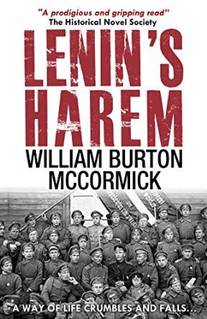
By living there. Going to the places I'm writing about. Wandering about and making notes of my reactions to these locales, cultures and people. If it’s a more serious work like my novel Lenin's Harem, then in addition to living in Russia and Latvia, I'll meet with historians, museum curators, sometimes even politicians and descendants of of survivors of the events I'm describing. When my draft of Lenin's Harem was finished, for example, I sent it to four historians and asked them to read it for historical accuracy. I was pleased that they none of them suggested anything more than trivial changes. But I had to get it right.
Of course, I don't do such things for every story. If the work is essentially a fantasy or adventure I can trust my own research alone. The history isn't the main focus. But with a work that is supposed to dramatize actual events like my novel, you have to be accurate. Too many people died to get it wrong.
Of course, I don't do such things for every story. If the work is essentially a fantasy or adventure I can trust my own research alone. The history isn't the main focus. But with a work that is supposed to dramatize actual events like my novel, you have to be accurate. Too many people died to get it wrong.
What was the most surprising thing you learnt about the publishing industry after you had been part of it?
How hard it is to get published, and even more so, how hard it is to get paid.
What are your next writing projects?
How hard it is to get published, and even more so, how hard it is to get paid.
What are your next writing projects?
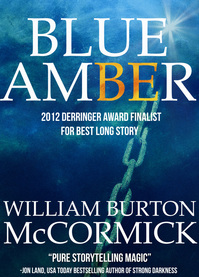
I've nearly finished a murder mystery novella set in late 19th century Odessa that I think will be quite good. Writing it gave me an excuse to visit Odessa a couple of times and journey down into those unending catacombs. I've also working on another murder mystery novella set in modern Riga with a somewhat light cosy tone as a change of pace. The protagonists of both novellas have already appeared in stories in Alfred Hitchcock's Mystery Magazine so I know there will be an audience.
Then in it's onto another historical novel, which features some of the characters from Lenin's Harem in World War II.
What is the most rewarding experience you have had in your writing career?
Lenin's Harem is set in Russia and Latvia (mainly the latter). Despite all my careful research, when I was writing it, I was very apprehensive of what ethnic Latvians would think of the book. I thought they'd catch culture mistakes I made and odd perspectives that I was bound to have as a foreigner, even one living in their country. To my surprise the book was embraced by the Latvian-American community, and then, when published in the native language, by European Latvians as well. I did a book signing in Riga and there were people in tears telling me stories of how their grandparents went through these events, that I depicted them so accurately, and that it meant so much that someone wanted to tell the world about what happened in their country. One Latvian man who had read the book couldn't believe it was written by a foreigner. He insisted it was ghost-written by a Latvian. It was quite an honour for me.
What is the best part of being a writer?
The inspiration. Waking up in the middle of the night with a story you know will be good, stumbling around to get a pen or turn on the laptop so you can write it down before it's gone. That's the part I love - the imagining of it. That first moment of inspiration, then assembling the puzzle in your mind. The rest is just work. Sometimes highly enjoyable work, sometimes absolutely tortuous work. But work nonetheless.
Have you any advice for newbie authors?
Understand that it’s a craft. That with practice you're writing will get better, the words will come faster, but be willing to throw away a lot of what you write, especially at the beginning. Learn to take criticism. Find a focus group to read your drafts. Find a good publisher you can trust, it will make everything easier.
And enjoy the journey.
Then in it's onto another historical novel, which features some of the characters from Lenin's Harem in World War II.
What is the most rewarding experience you have had in your writing career?
Lenin's Harem is set in Russia and Latvia (mainly the latter). Despite all my careful research, when I was writing it, I was very apprehensive of what ethnic Latvians would think of the book. I thought they'd catch culture mistakes I made and odd perspectives that I was bound to have as a foreigner, even one living in their country. To my surprise the book was embraced by the Latvian-American community, and then, when published in the native language, by European Latvians as well. I did a book signing in Riga and there were people in tears telling me stories of how their grandparents went through these events, that I depicted them so accurately, and that it meant so much that someone wanted to tell the world about what happened in their country. One Latvian man who had read the book couldn't believe it was written by a foreigner. He insisted it was ghost-written by a Latvian. It was quite an honour for me.
What is the best part of being a writer?
The inspiration. Waking up in the middle of the night with a story you know will be good, stumbling around to get a pen or turn on the laptop so you can write it down before it's gone. That's the part I love - the imagining of it. That first moment of inspiration, then assembling the puzzle in your mind. The rest is just work. Sometimes highly enjoyable work, sometimes absolutely tortuous work. But work nonetheless.
Have you any advice for newbie authors?
Understand that it’s a craft. That with practice you're writing will get better, the words will come faster, but be willing to throw away a lot of what you write, especially at the beginning. Learn to take criticism. Find a focus group to read your drafts. Find a good publisher you can trust, it will make everything easier.
And enjoy the journey.
Thanks for taking the time to answer my questions, Bill. It was fascinating. Good-luck with your future projects!
You can read more about Bill and his fiction on his
Facebook Page
and follow him on
Twitter
You can read more about Bill and his fiction on his
Facebook Page
and follow him on
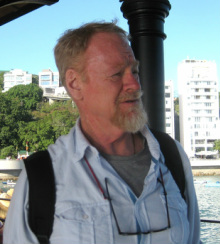
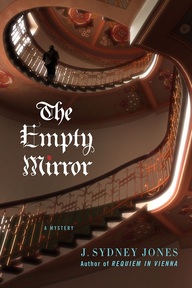
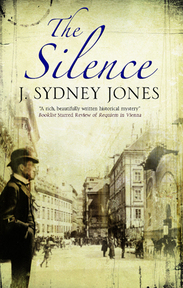
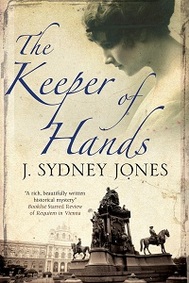
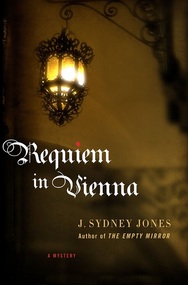
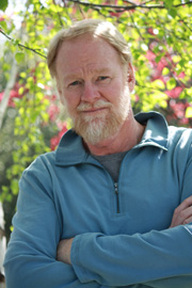
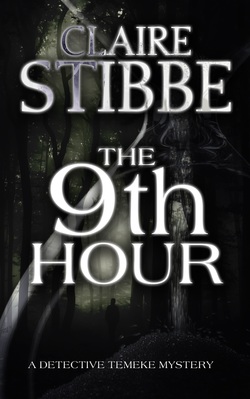
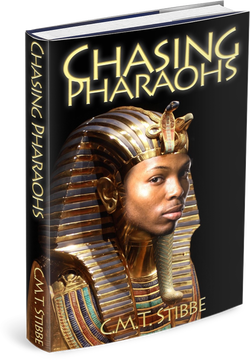
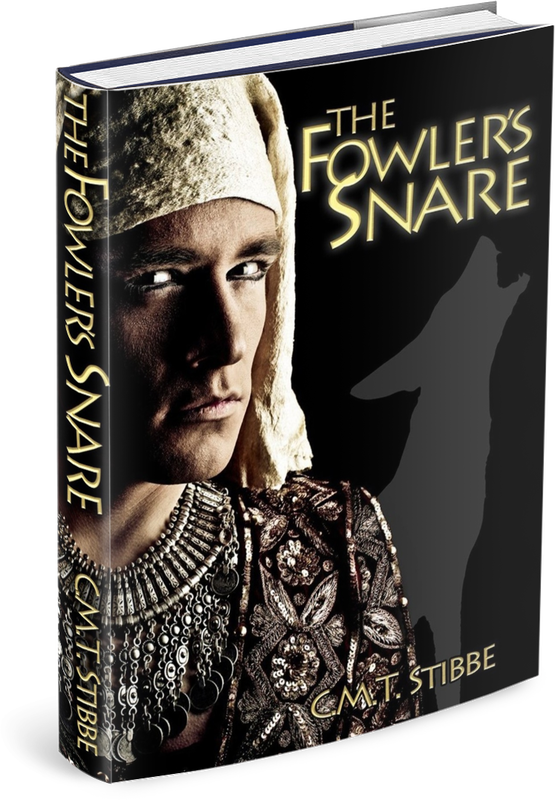
 RSS Feed
RSS Feed